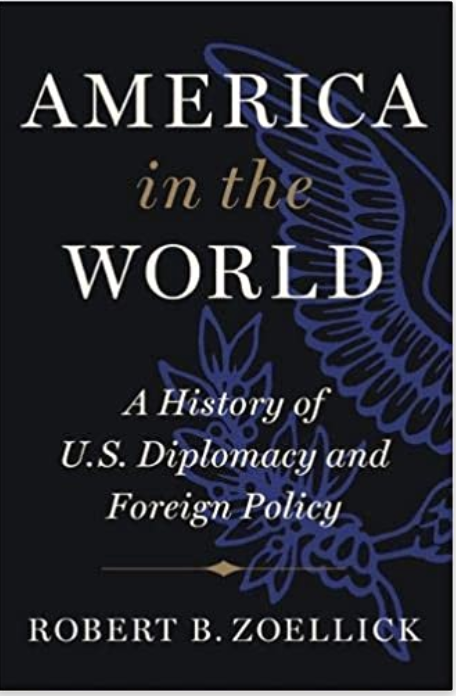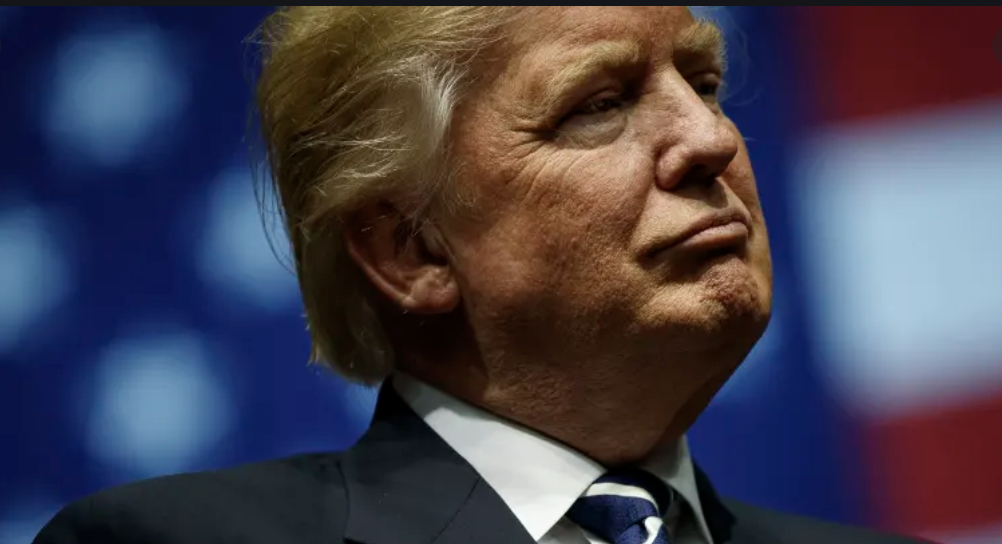
Interventionist and isolationist shaped US relations with allies and adversaries



Zoellick identifies five traditions that have emerged form America’s encounters with the world: the importance of North America, the special roles trading, transnational and technological relation play in defining ties with others, changing attitudes toward alliances and ways of ordering connections among states the need for public support, especially through Congress and the belief that American policy should serve a larger purpose.
Washington’s friends saw George W Bush’s invasion of Iraq as a heedless demonstration of US military might, just as allies lament Donald Trump’s abdication ofobal leadership in pursuit of his America-first world-view. Reckless as the US was in toppling Saddam Hussein, it could be dangerously irresponsible to abandon the world to chaos.
US foreign policy has often looked like a pendulum swinging between a selfish isolationism, uninterested in the events beyond America’s shores and the irreverent interventionism embedded in American exceptionalism.
Robert Zoellick’s America in the World, reveals the fine history of US foreign policy , the interventionist and the isolationist have mingled with each other impulses in shaping America’s relations with the allies and adversaries. The idealism that frames the rhetoric of US presidents has always been tempered by the hard-headed realism that made the 20th the American century.
The US-led cold war against Soviet Union Communist was cast, in the language of freedom, human dignity and the rule of law.
Despite this, however, did not prevent successive occupants of White House from propping up tyrants and dictators in Latin America and Southern Africa in pursuit of George Kennan’s “containment” strategy to limit any further advance of Moscow’s influence.
US administration did their best to hasten Britain’s retreat from empire by summoning up the cause of self-determination for the oppressed colonies. But when suited Washington moved in behind the departing Brits , as in the oil rich Gulf.
The book starts with America’s first diplomat Benjamin Franklin to win over the French to independence for the 13 American colonies , is rich in moments illustrating this shifting balance and highlighting more than occasional contradictions through 45 presidencies. Zoellick started out as a state department counsellor in George HW Bush’s administration and was US trade representative and deputy secretary of state under George W Bush and then on to a spell as President of the World Bank between 2007 and 2012. Zoellick highlights Monroe Doctrine , the Panama Canal and Washington’s backing for Latin American generals during the cold war.
He also reveals the need to open foreign markets to American products and technology, while changing approach to alliances.
Alexander Hamilton eschewed all entanglements, but Harry Truman, Dean Acheson and George Marshall built after 1945 the most powerful alliance system the world has ever seen.
Zoellick shows deference that American leaders must show to public opinion, and exceptionalism that claims that the US has always served a larger purpose.
Woodrow Wilson won the 1916 Presidential election with a promise to stay out of the first world war, changed his mind to embrace liberal interventionism and then found his grand scheme for the League of Nations disavowed by the Congress.
Hnery Kissinger the architect of Richard Nixon’s foreign policy , has long had a reputation as an arch-realist, dismissive of any moral dimension to foreign policy. He cast Japan’s ally as the greatest threat to peace in east Asia during his successful effort to negotiate Nixon’s historic opening to China.
Trump presidency marks a permanent rupture with the post-second world war settlement. The alliance system created by Truman, Acheson and Marshall after 1945 could indeed prove an interlude.
Now with his disdain for Nato and apparent contempt for US alliances with Japan and South Korea, Trump is dismantling it.
America In the World: A History of US Diplomacy and Foreign Policy by Robert Zoellick, Twelve $35, 560 pages.
